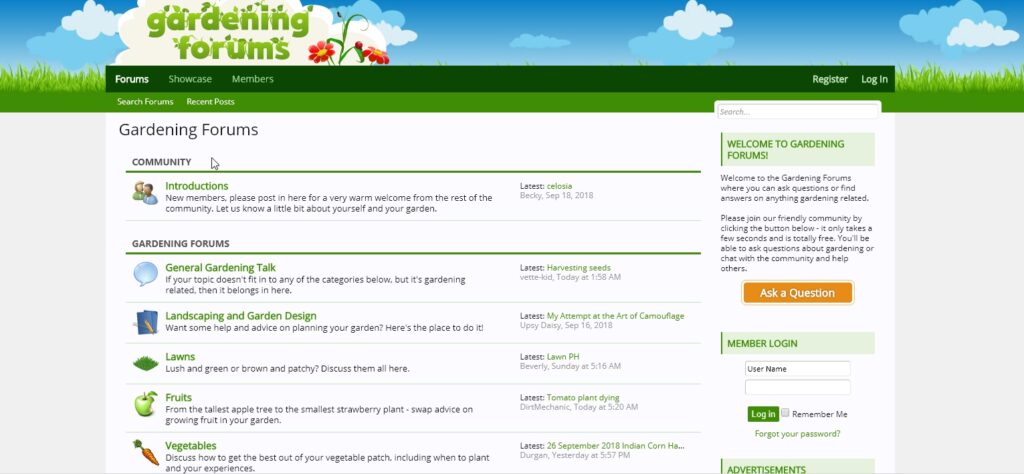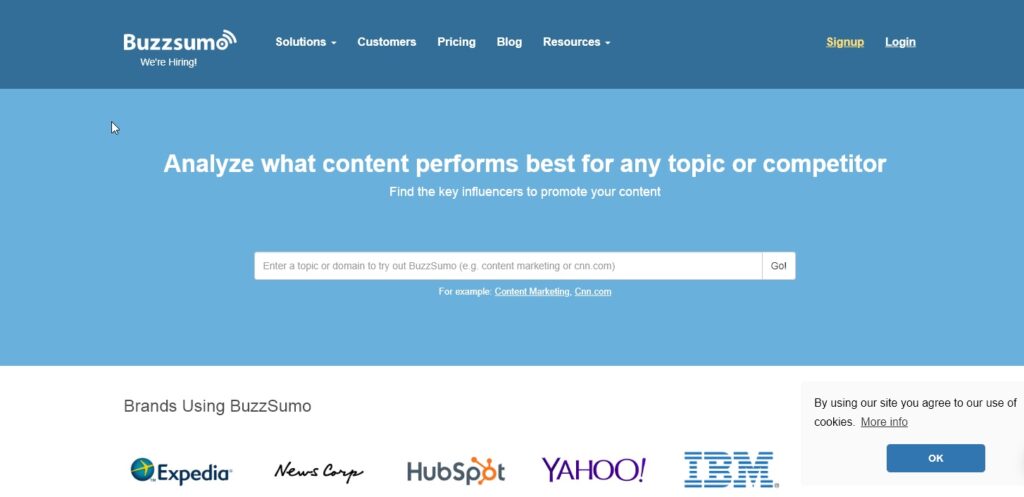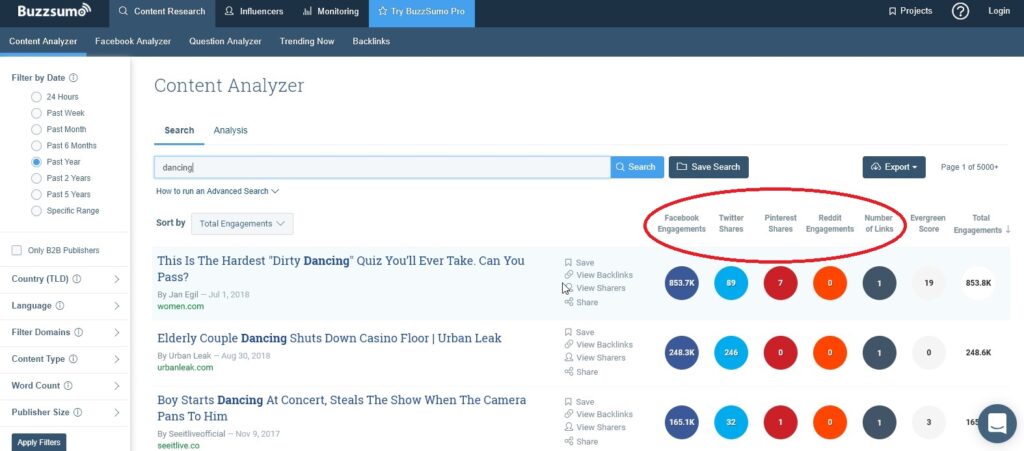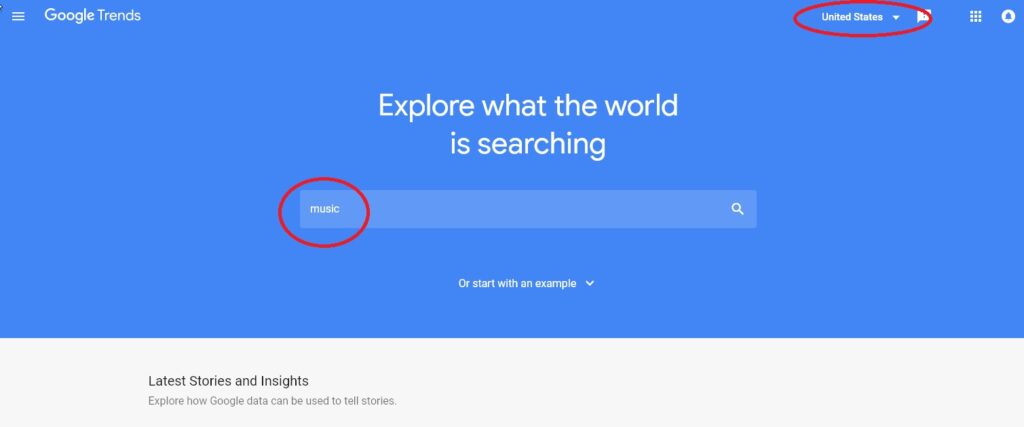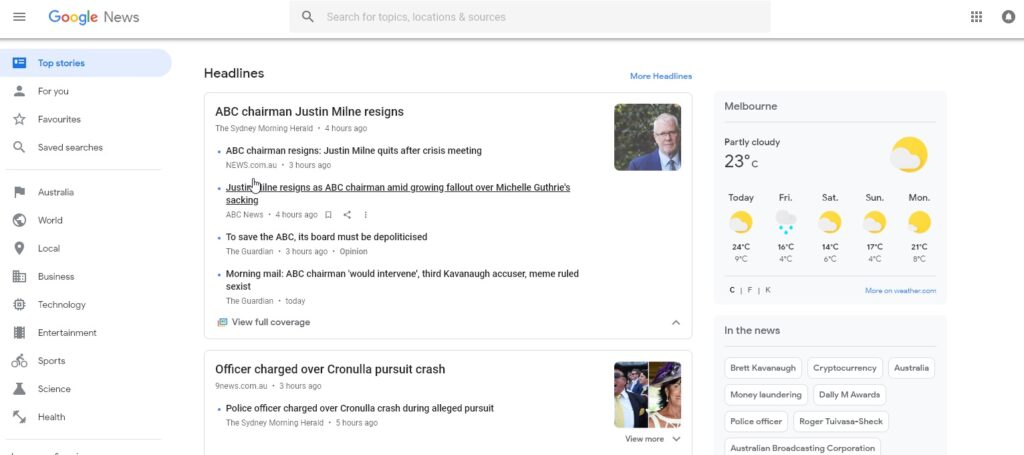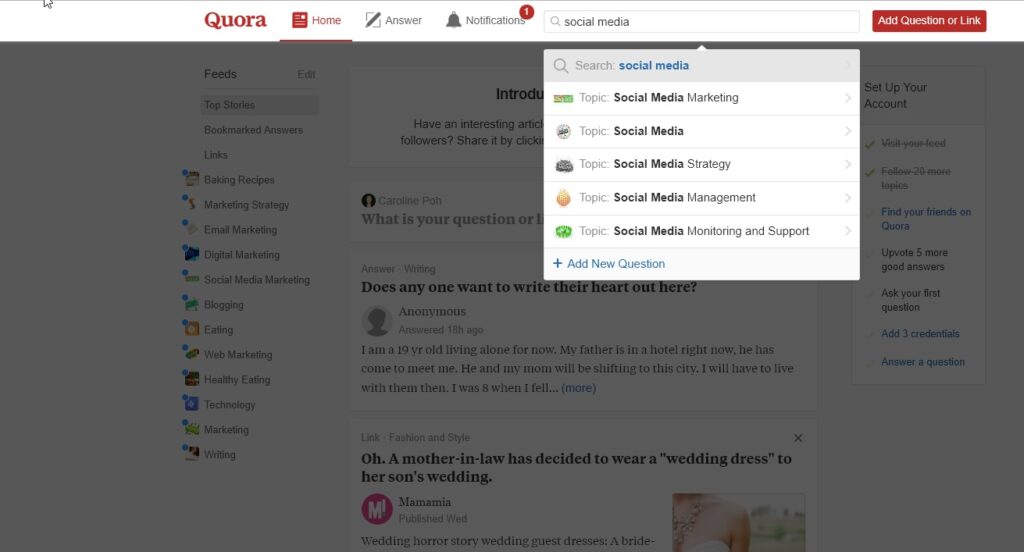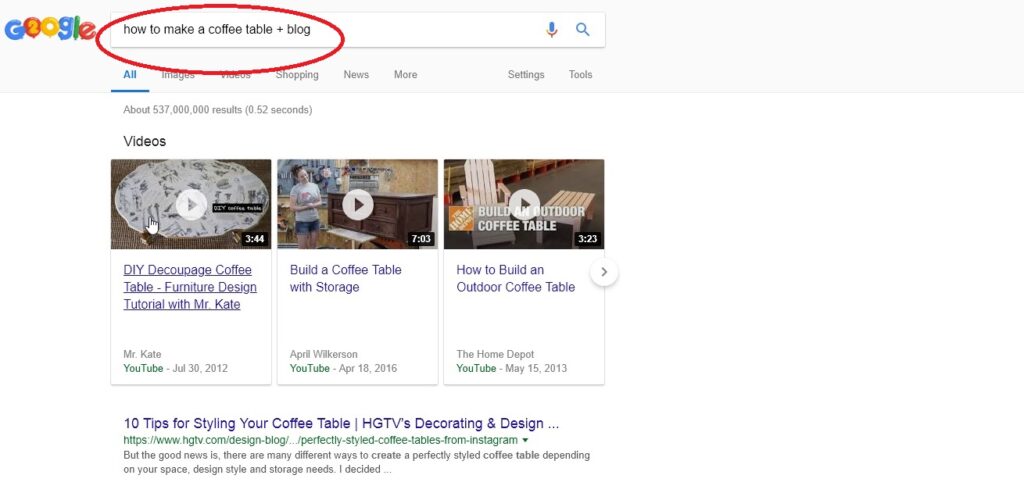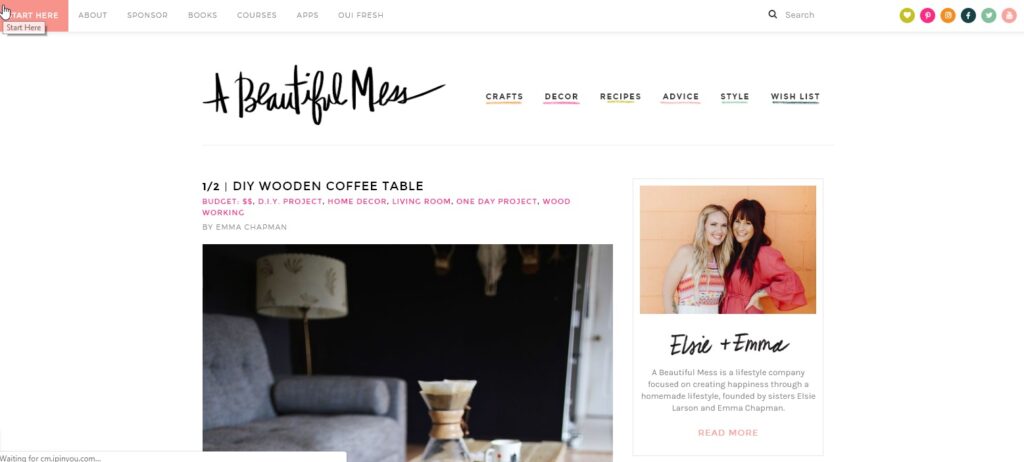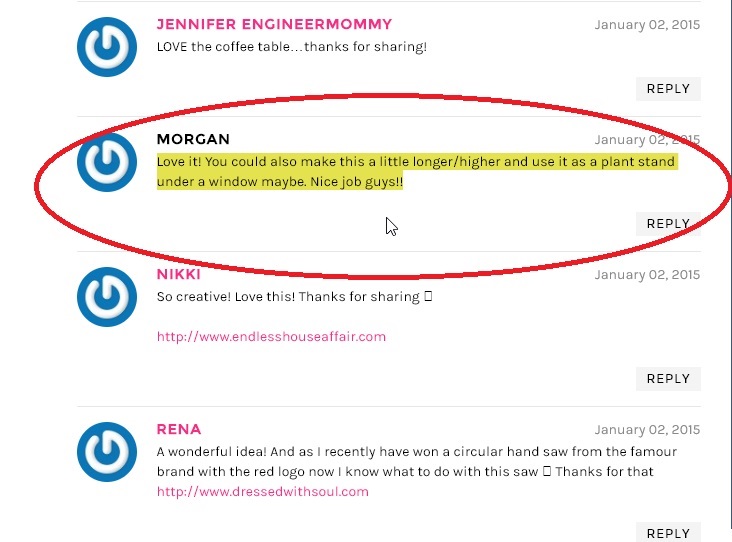17 Catchy Blog Headlines That Actually Work
Regardless how good your blog content is, all your efforts would have gone to waste if nobody reads it. So it’s really important to get your headline right when publishing your article. Ideally, you would need a catchy blog headline to draw your readers to click through to read your blog article.
The main thing to creating an amazing headline is to know your target audience well. Your headline must appeal to them, highlight their pain points and let them know how they will benefit from reading your article.
Below are some examples of catchy headlines that work:-
Tips to Creating Attention-Grabbing Blog Headlines
1. Use the Word ‘Best’
Everyone wants to be the top of the pack. Nobody wants to be second best. So whenever someone searches a solution or advice on anything, they would most probably key in the word ‘best’ in the internet search engine.
Examples of the word ‘Best’ in headlines are below:
The Best Guide to Buying Clothes Online
Best Financial Advice You Need to Get Out of Debt
The Best Ways to Lose Weight in a Week
The Best Places to Visit in Europe
2. ‘Making Life Easier’ Headlines
In our face-paced society, everybody wants to solve things fast. So if your headline has the words ‘fastest’, ‘quickest’ or ‘easiest’, then your readers will be inclined to read your article as it will benefit them.
Examples of the word ‘fastest’ in headlines are below:
The Fastest Way to Cooking Beef Casserole
Learn the Fastest Technique to Closing a Sale
Examples of the word ‘quickest’ in headlines are below:
The Quickest Way to Touch Typing
The Quickest Method to Peeling Apples
Examples of the word ‘easiest’ in headlines are below:
Discover the Easiest Way to Become a Freelance Writer
The Easiest Way to Party Planning
3. Adding the Word ‘Simple’ in Headlines
People often fear that they cannot solve certain things if the steps are too complicated. Adding the word ‘simple’ helps to let them know that it will be possible for them to solve their challenges and only minimal effort and time would be required.
Examples of the word ‘simple’ in headlines are below:
Simple Steps to Prepare Picnic Food
Simple Tips to Learn Piano
4. Create Curiosity with ‘Why do people do certain things’ Headlines
Your readers will admire certain people or groups of people. So if your article content is about revealing why these people do certain things, then your headline should let them know – ‘Why do these peoples or groups do certain things’.
Examples of the word ‘why’ in headlines are below:
Why Rich People Think Before Buying
Why Successful People Never Give Up
5. Let Your Readers Learn from the Experience of Others
Nobody likes to make mistakes. So your readers would like to learn from the mistakes of others so that they can avoid doing things wrongly.
Examples of headlines that talks about mistakes are below:
What I Learned From Summer Camp Changed My Life
Common Mistakes Made by Internet Newbies
6. List to Certain Things
People also like list posts. I guess many like to have solutions and ideas listed so that the brain can easily digest these information.
Examples of headlines that list things are below:
The Ultimate List to Solving Your Monthly Budgeting
Guidelines to Get a Good Sales Result
Top Trends to Buying Shoes Online
7. Headlines That Make Readers Feel Stupid If They Don’t Know Things
Some headlines make the readers feel stupid if they don’t know things. So when viewers read that headline, they would automatically feel that they should read the article so that they won’t look stupid.
Examples of the ‘don’t look stupid’ headlines are below:
Common Mistakes That Would Make You Fail at Your Exam
9 Mistakes That Could Destroy Your Career
Top Facial Cleansing Mistakes That You Must Avoid
8. Headlines That Make Readers Wonder If They Are Doing The Right Thing
This headline often plays on readers’ minds. It makes them feel in doubt whether they are doing certain things right. This will make them want to read your content.
Examples of headlines with this concept are:-
Are You Using The Right Cooking Oil?
Are You Exercising The Right Way?
Do You Have the Right Eating Diet for Your Age?
9. Two Competing Words or Concepts
Whenever your potential readers are uncertain about two competing words or concepts, they would most likely type ‘word/concept A’ vs ‘word/concept B’ into the internet search engine. So there would be a high chance that your article will be picked up by them.
Examples of headlines with this concept are:-
Wooden vs Aluminium Blinds: Which is Best?
Desktop vs Laptop: Which is Better?
10. Headline That Drives Curiosity
If you have a story that creates curiosity, then there’s an even higher chance that your potential readers will click through to your article.
If you have a story that creates curiosity, then there’s an even higher chance that your potential readers will click through to your article.
Examples of headlines that create curiosity:-
This Guy Taught His Dog How to Talk: Methods Revealed!
Secret Formula to Winning Lottery by Mathematics Student
11. Using Numbers in Headlines
People will be more likely to click through to your articles if you include numbers in your headlines. This is especially the case if you use odd number as opposed to even numbers.
Examples of headlines that create curiosity:-
19 Ways to Feeling Great in the Morning
27 Furniture Ideas for Your Home
12. Headlines That Create Urgency
You can also create urgency to make your readers click through to your content. This can be done by including words such as ‘now’.
Examples of headlines that create urgency:-
12 Money Saving Tips You Should Know Right Now
15 Methods That Will Grow Your Blog Now
13. Stating Things That Readers Didn’t Know About
If you created content that your readers didn’t know about, then there’s a high chance that they will want to read your article.
Examples of headlines state things that readers didn’t know about:-
Secret Power Writing Tips That You Didn’t Know
Newly Released Audio Equipment That You Never Seen
14. Letting People Know That Certain Things Are Myths
People will be eager to read your article if it involves letting them know that certain things that they thought were true were actually myths.
Examples of headlines state things that readers didn’t know about:-
Alien Spaceship Found in Lake Just a Myth
Mermaid Found at the Bottom of the Ocean Was a Myth
15. How to Do Things Like a Pro
As everyone wants to be the best in everything they do, headlines that help them achieve this will be popular.
Examples of headlines lets readers do things like a pro:-
How to Do Video Editing Like a Pro
How to Sing Like a Pro
16. Top Must-Haves
This will make your readers feel as if they are missing out on something if they do not read your article.
Examples of headlines that feature top must-haves:-
Top 10 Great Blog Widgets That You Must Have
11 Most Powerful Kitchen Gadgets That You Must Have
17. Rules That You Should Break
Everybody has a cheeky side. So when your headline gives them ‘permission’ to break certain rules, then they gladly read your content.
Examples of headlines that let you know about rules that you should break:-
17 Crazy Study Habits That You Should Break
Business Writing Rules That Everyone Should Break
Have you tried these catchy blog headlines before and gotten great results? Do you have any other tips to share?
References:
https://theblogpress.com/blog/10-blog-headlines/
https://neilpatel.com/blog/the-step-by-step-guide-to-writing-powerful-headlines/
https://goinswriter.com/catchy-headlines/
